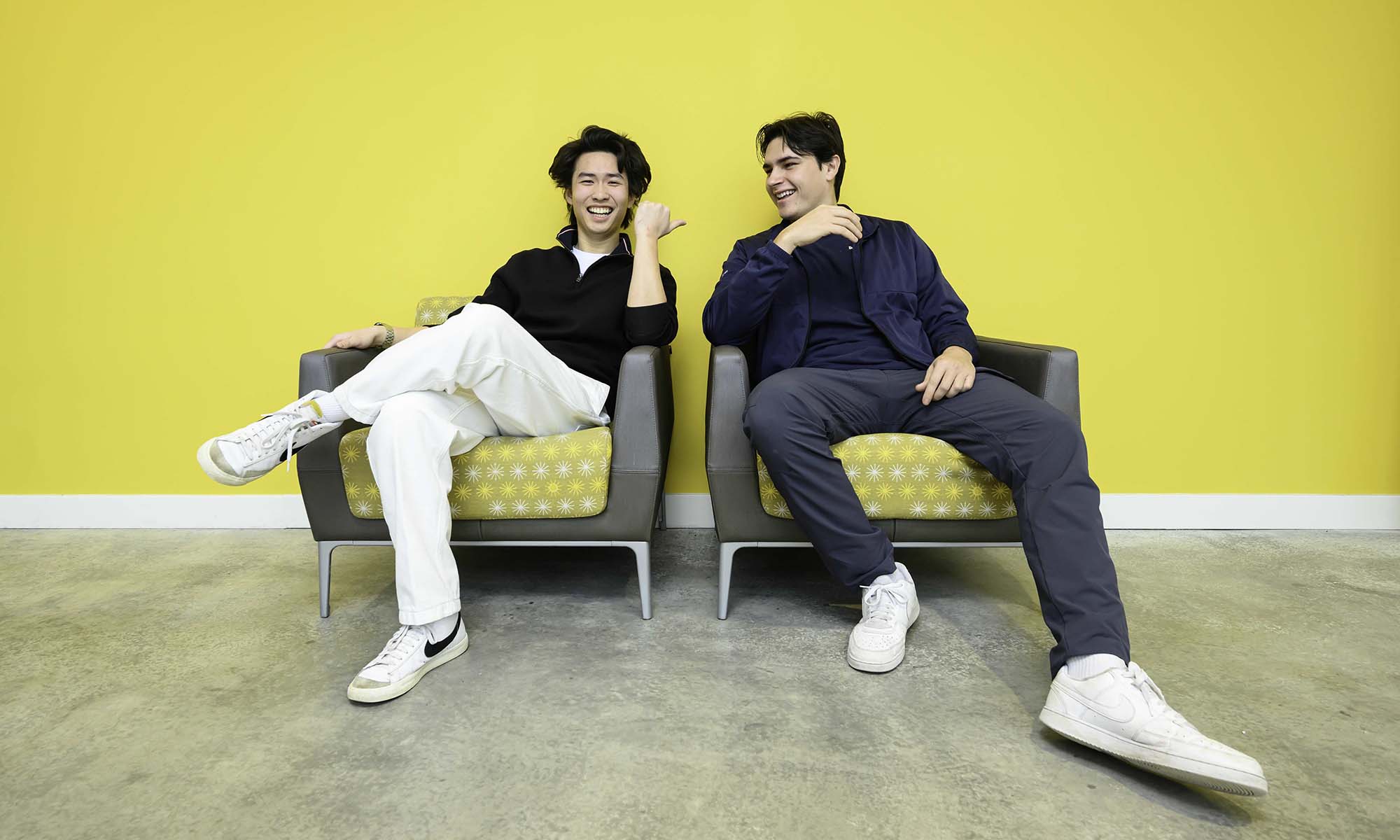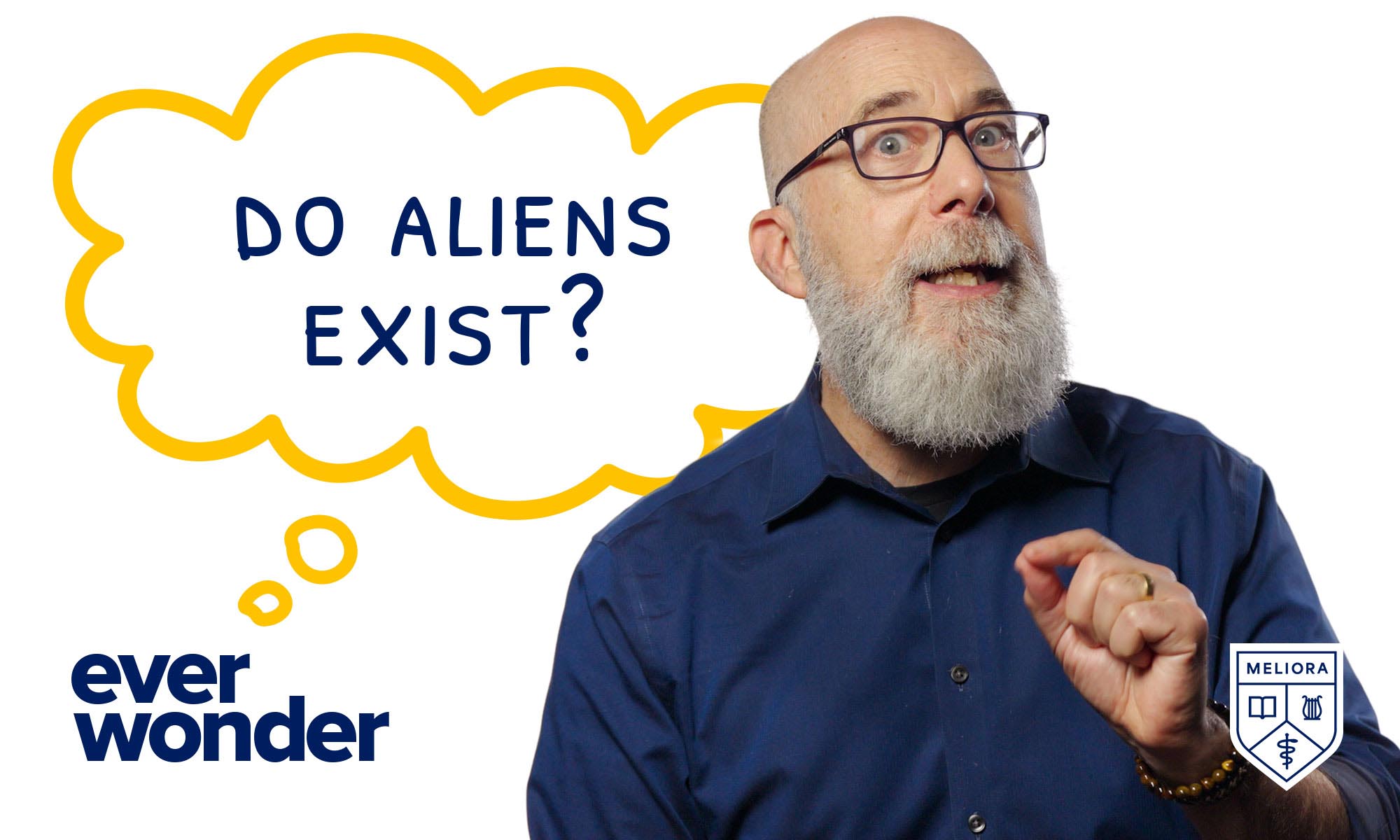
Science & Technology
7 surprising ways URochester’s Laboratory for Laser Energetics shapes science and society
February 9, 2026
The Laser Lab powers breakthroughs in fusion, national security, and technologies we use every day.











